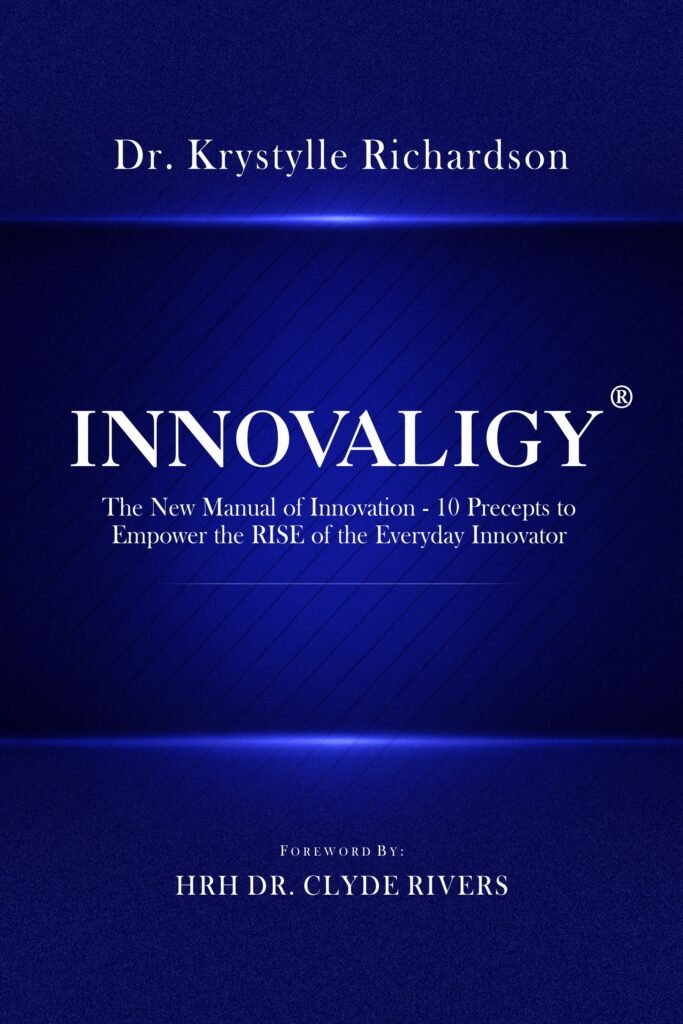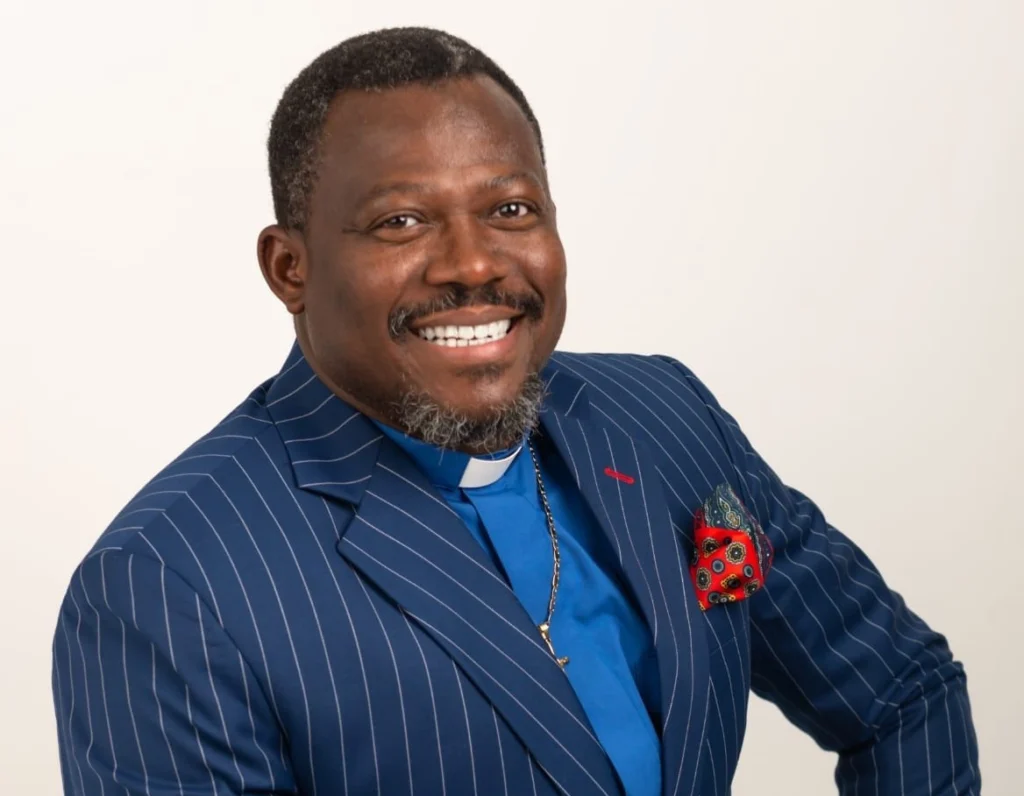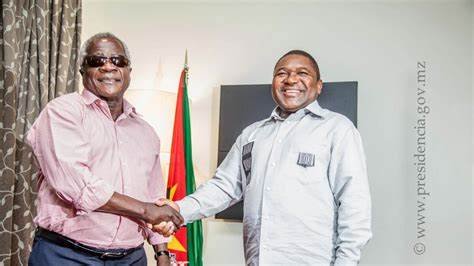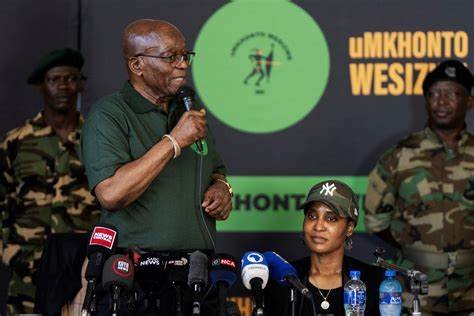Fikile Mbalula on Potential ANC Recruitment of Mbuyiseni Ndlozi: A Strategic Political Move?

In a notable development within South Africa’s political landscape, African National Congress (ANC) Secretary-General Fikile Mbalula has openly hinted at the possibility of former Economic Freedom Fighters (EFF) MP Mbuyiseni Ndlozi joining the ruling party. Speaking at a media briefing on Monday, Mbalula referred to Ndlozi as a “good citizen” and a “good politician,” further fueling speculation about strategic talks within the ANC aimed at persuading the former EFF member to switch allegiances.
The comments come after the Mail & Guardian reported that behind-the-scenes discussions were taking place within the ANC’s Free State leadership circles, potentially paving the way for Ndlozi’s entry into the party. Ndlozi, a high-profile figure within the EFF and a charismatic political leader, recently resigned as an MP, raising questions about his next political move.
Mbalula stated that while the ANC’s interest in engaging with Ndlozi was evident, the decision ultimately rests with Ndlozi himself. He described the former EFF leader as a respected political figure who could bring significant value to any organization he chose to align with. Mbalula emphasized that engaging with Ndlozi would be a logical move for the ANC, considering its need for renewed energy and leadership as it faces declining public support and increasing political competition.
The potential recruitment of Ndlozi is not without precedent, as the ANC has historically sought to attract influential political figures from other parties to bolster its ranks. Mbalula’s comments suggest a strategic approach to addressing the party’s challenges, particularly after its poor performance in last year’s general elections, which resulted in the formation of a coalition government with the Democratic Alliance and other smaller parties.
Ndlozi’s recent meetings with a senior ANC leader in Clarens, Free State, have further fueled speculation about his possible move to the ruling party. Observers have pointed out the potential significance of these meetings, particularly given the ANC’s current efforts to reconfigure its provincial leadership in Gauteng and KwaZulu-Natal.
ANC leaders believe that individuals like Ndlozi possess the energy, expertise, and public appeal needed to reinvigorate the party and restore public confidence. Mbalula noted that while the EFF’s decision to part ways with Ndlozi reflected the dominance of its leader, Julius Malema, the ANC could benefit from welcoming a political figure of Ndlozi’s stature. He described Ndlozi as a seasoned leader whose departure from the EFF was not an ordinary event, highlighting the potential value of his contributions to the ANC’s renewal efforts.
Mbalula also addressed the broader implications of the ANC’s internal challenges, including factionalism and leadership disputes. He acknowledged that the ongoing discussions within the party about reconfiguring its provincial leadership structures were polarizing, with some members linking these changes to succession plans for the ANC’s 2027 elective conference. While critics have accused Mbalula of using these reforms to consolidate his own power, he rejected these claims, insisting that his focus remains on strengthening the party and uniting its members.
The ANC’s decision to reconfigure its leadership in Gauteng and KwaZulu-Natal has been described as a critical step in addressing the provinces’ dismal performance in the last elections. Mbalula clarified that the goal was not to dissolve these structures but to reinforce them through a combination of interventions aimed at fostering unity and improving the party’s effectiveness.
The potential inclusion of Ndlozi in the ANC’s ranks is seen as part of a broader strategy to address its declining voter base and regain public trust. By attracting leaders with a strong track record and widespread appeal, the ANC hopes to present itself as a revitalized and capable governing party ahead of the next elections.
The discussions surrounding Ndlozi’s possible recruitment also underscore the complex dynamics within South Africa’s political landscape, where alliances and rivalries continue to shape the country’s governance and development trajectory. For the ANC, navigating these dynamics requires a delicate balance between internal cohesion and strategic engagement with external stakeholders.
As the ANC prepares to communicate its decisions regarding the reconfiguration of its provincial leadership structures, the potential recruitment of Ndlozi is likely to remain a focal point of public and political discourse. Mbalula’s remarks have already sparked widespread interest, highlighting the significance of this development for the future of South African politics.
Stay informed with Innovation Times, your trusted source for in-depth news and analysis on innovation, leadership, and politics. Sign up now at www.innovationtimes for daily updates on the stories that matter most.









